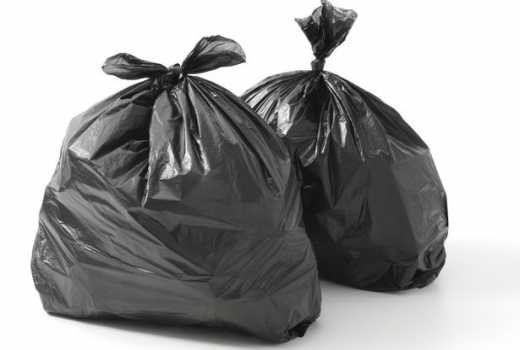×
The Standard e-Paper
Smart Minds Choose Us

Francis Muriithi started his entrepreneurial journey as a hawker in Karatina town, Nyeri County.
Today, he runs a business that’s the envy of many in the recycling and salvage business.